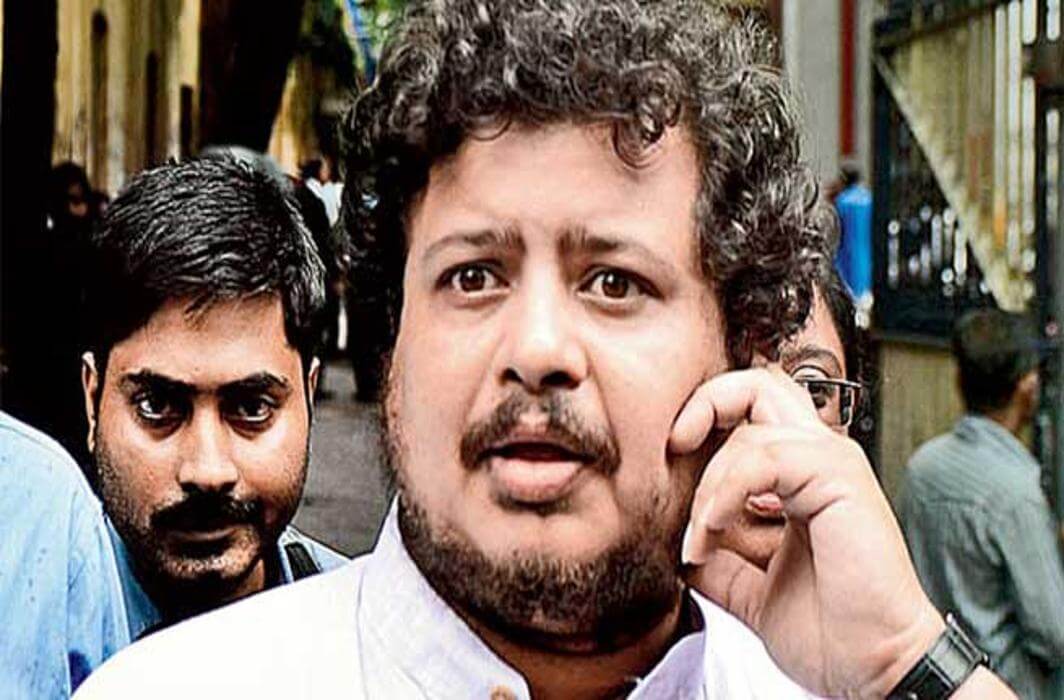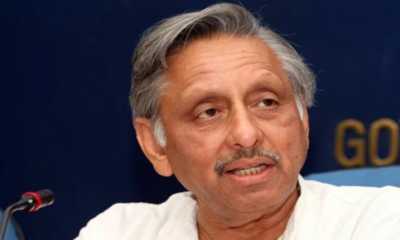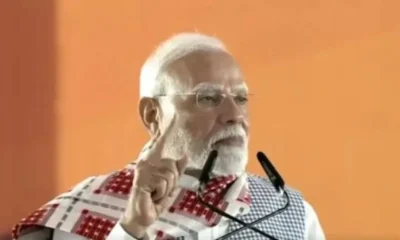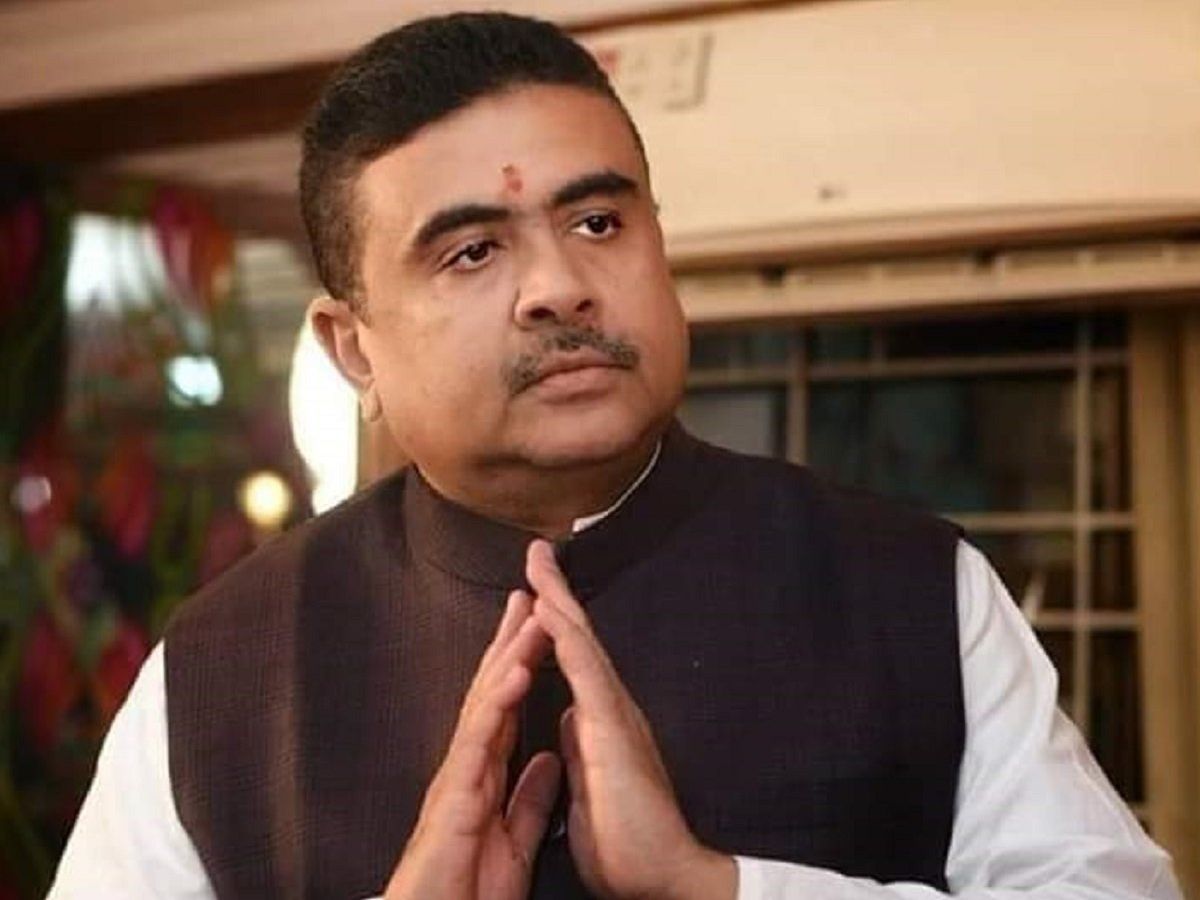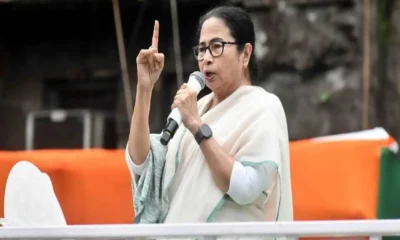By Sujit Bhar
A failing party with a regressive attitude cannot expect to face the might of Mamata Banerjee’s Trinamool Congress
As it finally turned out, the expulsion on Wednesday (September 13), of its Rajya Sabha MP Ritabrata Banerjee from the party was the result of a factional feud within the CPI (M) and his three-month suspension, announced on June 2, was just a precursor to this expulsion.
Of course, Banerjee had gone to the popular local television channel ABP Ananda and poured his heart out about the reportedly pernicious nature of associations that the Prakash and Brinda Karat faction brought to the table – Banerjee is unapologetically in the Sitaram Yechury camp – but the initial impression that the Md Salim committee (which looked into the allegations against Banerjee) had given was that he was in the dock for his lavish lifestyle.
Banerjee called Salim the “agent” of the Karats in West Bengal. Such in-the-face comments aren’t what communist regimes are used to, but more than that, Salim’s influence within the party is considerable, and it is being viewed that the Buddhadev Bhattacharya group may be losing traction within the state committee. The Salim committee has maintained that this expulsion order need not be taken to the central committee of the party, since Banerjee has been a state committee member. Hence, this is an internal matter.
Apart from the fact that the very existence of the CPI (M) is at stake around the country, now the credibility of the party as a congress of erudite and bhadralok stalwarts is also in doubt. There have always been differences within the party and expulsions have happened all along the history of the party. But now possibly is a very wrong time to show to the world the cracks within. It is not a very bright idea.
The root of the communist movement in India – with beginnings dating back to MN Roy’s importing of the concept to the sub-continent – has been through trade union movements and farmers’ struggles. Even in the vastly changed scenario around the world today – economically, as well as socially – the seed within certain sections of the CPI (M), itself an offshoot of the CPI, seems to have remained unchanged.
The complexities of today’s society have had a retrograde effect on the party. With failings showing up starkly within the West Bengal chapter of the party, the Karat faction, lying low for long in the state, has reared its head and claimed its first victim. This cannot be good news. There is enough resentment within the youth of the party in Bengal – whatever is left of it – and in the expulsion of a popular youth leader this resentment will only grow. When the old leaders have not been able to show the way out of the current mess, is it advisable to retrace faded footprints in trying to recreate the pure-bred communist utopia that was once the dream?
The Kerala influence in Bengal politics is increasingly becoming stronger. With Kerala chief minister Pinarayi Vijayan now a staunch supporter of the Karat group, and boasting a government that the Bengal counterpart does not have, theirs is a voice more clearly heard today. In the 34 years that the CPI (M) ruled Bengal, there was no need to listen to anybody other than home-grown leaders for Bengal’s communists. The Kerala communists also have within its fold a number of top businessmen, who throw their weight behind the communists and the Congress almost alternatively. At this point the money purse belongs to the Kerala communists. Then, there is a huge complement Keralites in West Asia, with repatriation amounts totaling in the billions of dollars. They too, at this point of time, have chosen to support the communists. In the past, when it had suited them, they too had supported the Congress.
That apart, of course, there is the factor of Prakash Karat being a Keralite. He gains trust, despite his antediluvian ideals.
This triple whammy from Kerala was possibly too much for the likes of Banerjee and the Yechury faction to digest. Moreover, with the Trinamool Congress in West Bengal so strong that they can wipe out resistance by the BJP too, the local communists have little hope. This means the fangs of age-old communist traditions, given up across the globe, hold sway in Bengal.
Why else would a state committee member’s actions be made out to be openly against the party? Why was this not solved at the state level? Why did the state communists decide to cut the nose to spite the face?
The committee cites some special clause of the party constitution in saying: “In exceptional circumstances party committees in their discretion may resort to summary procedure in expelling members for grave anti-party activities.” What was so special about debate, of a different point of view? Why was it considered abhorrent?
If not the TMC, regression will kill the party in Bengal for sure.
